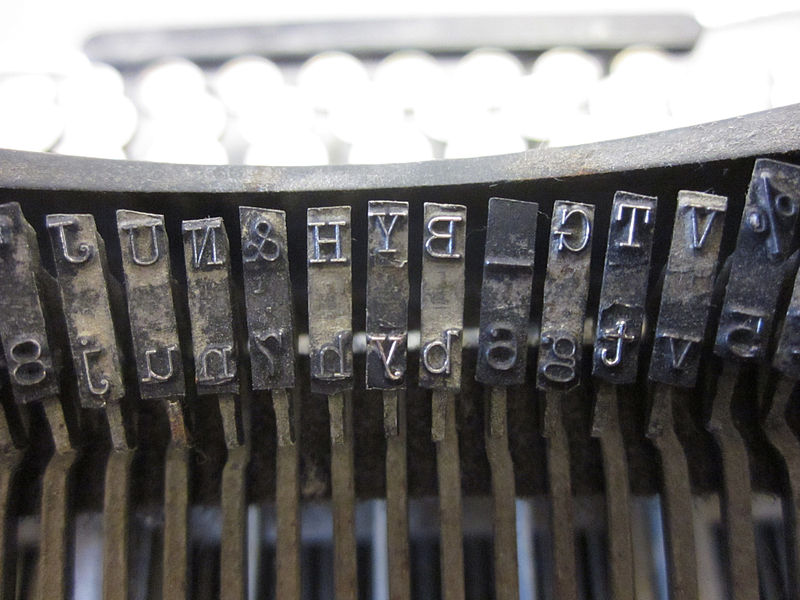Case Sensitivity
everything abt u is perfect - ur lips, ur skin, ur eyes, ur body. PERFECT! ur lucky to be born beautiful, not like me, who was born to be a big liar
Even our wittiest texts are typed in haste. For the sake of expediency, many words are spelled phonetically, punctuation is often overlooked, and proper nouns are typed in all lowercase. Another imperfect extreme when texting is to use capital letters. Writing in all caps suggests that the writer wants to shout at the reader, as demonstrated by this bumper sticker: “Don’t Make Me Use UPPERCASE.”
When you visit secure Internet sites, you’re asked to create a user ID and password. One of the questions you ask is, “Is this form case sensitive?” You want to know if you need to include uppercase letters or if you can use lowercase letters exclusively. As a point of interest, capitals are called “uppercase” letters because typesetters used to store them in the “upper case” at the printing press. Small letters were kept in the “lower case.” Typewriters continued the practice of assigning the top spot to capital letters.

Source: TYPEWRITERimage, Jesse Hernandez, Wikimedia
Even though many sites are not case sensitive, you need to be. Your English teacher won’t LOL if you submit a paper with no capital letters at the beginning of sentences. You may say “OMG” when you get an F, but the language of casual exchanges on mobile devices is not acceptable in formal writing. “Grammar Girl” Mignon Fogerty scolds Twitter users, “Typing in lowercase doesn’t save characters; it’s just lazy.” In this lesson, you’ll address that laziness head-on. You’ll also develop some case sensitivity—the ability to use capital letters appropriately as you proofread your writing. Then your English teacher can get on someone else’s case about not using capital letters correctly.